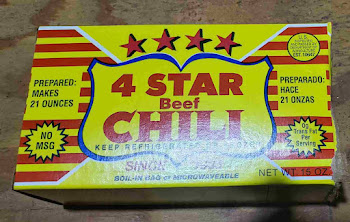During my 37 years as a police officer, I asked for my fair share of search warrants. Not a big deal, we all know the rules. Most of my investigations were done prior to 1998, before the internet took over. After 1998 I was a beat cop and I don't believe I asked for any warrants in this century. That was a detective's job.
In the third decade of the 21st century, we have devices that our founding fathers could not have conceived in their wildest dreams. We have cell phones and the ability to store lots of data that we might consider private. There are some interesting cases winding through the courts that address this question.
I watch a YouTube channel, the Socialite Crime Club, where the moderators discuss crime and police work and all manner of things related to the digital age and how data is used to crack cases. This weeks episode talks about a grisly murder, but toward the end of the episode they do a deep dive into data and warrants and the courts diverging opinions on what is good and proper.
The episode in an hour and a half, but if you want the discussion on the court, start about 54:30, or skip ahead even further to 57:00. From the perspective of an old investigator, this was fascinating, talking about how our founding fathers crafted the 4th Amendment to protect us even today.
In short, if you are a private citizen who wishes to remain private, flush your cell phone down the nearest toilet. If youare a cop who wants to break a cold case, learn all you can about Geo fences. I did not know, for example, that when I take a photo, my phone turns on GPS to dry and locate the photo. Likewise, your free flashlight app also keeps location data. The link above will take you to the video in question. Be prepared to go down a deep rabbit hole.
Now, if you;ll excuse me, I have soup to stir, and a hurricane to track.












